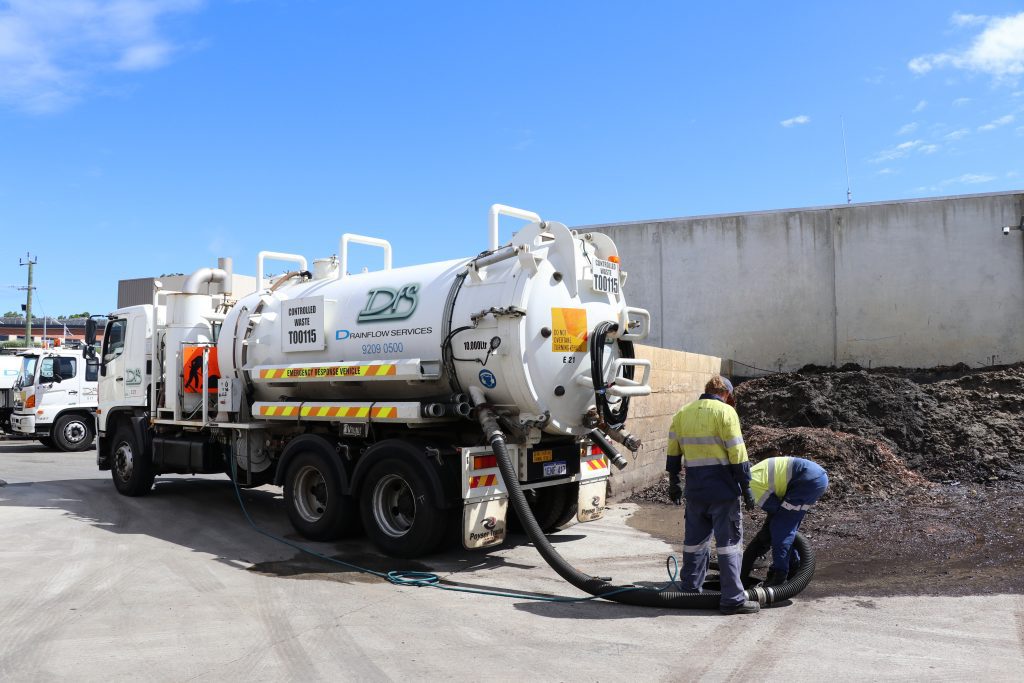Getting The Reclaim Waste To Work
Getting The Reclaim Waste To Work
Blog Article
What Does Reclaim Waste Do?
Table of ContentsIndicators on Reclaim Waste You Should KnowExamine This Report about Reclaim WasteReclaim Waste Things To Know Before You Get ThisFascination About Reclaim WasteThe Best Guide To Reclaim Waste
Domestic sewer waste refers to the waste and products from a property septic tank. The appropriate management and disposal of residential sewer waste need fluid waste to be transferred to a sewer treatment plant where the appropriate methods and tools are used to purify and dispose of waste.
Business waste usually consists of possible hazards, such as flammable products or a combination of liquid and solid waste products, and requires a much more advanced and detailed disposal procedure. The disposal of commercial waste usually involves the purification of waste prior to transportation to ensure secure and proper disposal. Hazardous waste is produced from byproducts and runoff of industrial processes and production.
This type of waste can not use the exact same sewage monitoring transportation or processes as septic or industrial fluids. The hazardous waste management process requires the assessment and screening of fluid waste prior to it undertakes the disposal procedure (industrial wastewater treatment). Runoff waste is the liquid waste that originates from drainage and excess stormwater in highly inhabited locations or cities
Drainage waste can trigger contamination and flooding if not dealt with appropriately. Making sure appropriate waste monitoring can prevent calamities and reduce environmental harm.
The Reclaim Waste Ideas
Get in touch with PROS Solutions today to find out about our waste monitoring and disposal solutions and the appropriate means to take care of the liquid waste you create.
(https://yoomark.com/content/httpsreclaimwastecomauservices)Do you understand what happens to your water when you disengage, flush the toilet or drain pipes the washing maker? No? Well, it deserves understanding. This so-called 'wastewater' is not just a crucial resource however, after treatment, will certainly be released to our land, rivers or the ocean. Utilized water from toilets, showers, bathrooms, kitchen area sinks, washings and commercial processes is called wastewater.

water used to cool down machinery or clean plant and tools). Stormwater, a kind of wastewater, is runoff that flows from agricultural and urban areas such as roof coverings, parks, gardens, roadways, paths and rain gutters right into stormwater drains, after rainfall. Stormwater moves unattended straight to local creeks or rivers, eventually getting to the sea.
Some Ideas on Reclaim Waste You Should Know
In Queensland, the majority of wastewater is treated at sewage therapy plants. Wastewater is delivered from domestic or commercial websites via a system of drains and pump terminals, referred to as sewage reticulation, to a sewage therapy plant. Neighborhood federal governments construct, preserve and operate most sewage therapy plants. Operators are accredited under the Environmental Management Act 1994 to release treated wastewater at an appropriate environmental standard right into rivers.
The Department of Natural Resources advises city governments concerning handling, operating and maintaining sewerage systems and treatment plants. In unsewered areas, local governments may call for householders to mount individual or home sewer therapy systems to deal with domestic wastewater from commodes, cooking areas, bathrooms and washings. The Department of Natural Resources authorizes making use of house systems when they are verified to be efficient.
In some new neighborhoods, treatment of some stormwater to get rid of trash, sand and gravel has actually started utilizing gross contaminant catches. Wastewater treatment takes place in four stages: Removes strong issue.
Utilizes little living organisms understands as micro-organisms to damage down and remove continuing to be dissolved wastes and great particles. Micro-organisms and wastes are integrated in the sludge.
The Single Strategy To Use For Reclaim Waste
Nutrient removal is not offered in all sewage therapy plants due to the fact that it requires expensive specialist devices. It is ending up being more common in Queensland. Clear liquid effluent produced after treatment may still include disease-causing micro-organisms. If this effluent is released into waterways such as rivers or the sea, the micro-organisms will eventually die out.

A lot of wastewater flows right into the sewerage system. Under the Act, neighborhood federal governments administer authorizations and permits for ecologically relevant tasks (Periods) including wastewater launches that might have a local influence.
Little Known Facts About Reclaim Waste.
Otherwise, examples are taken for research laboratory evaluation. Commonly lots of tests are needed to establish the degrees of each of the different toxins such as oils, heavy metals and chemicals in water. Surveillance gives factual info concerning water quality and can verify that permit problems are being satisfied. The details acquired through tracking supplies the basis for making water quality choices.
Report this page